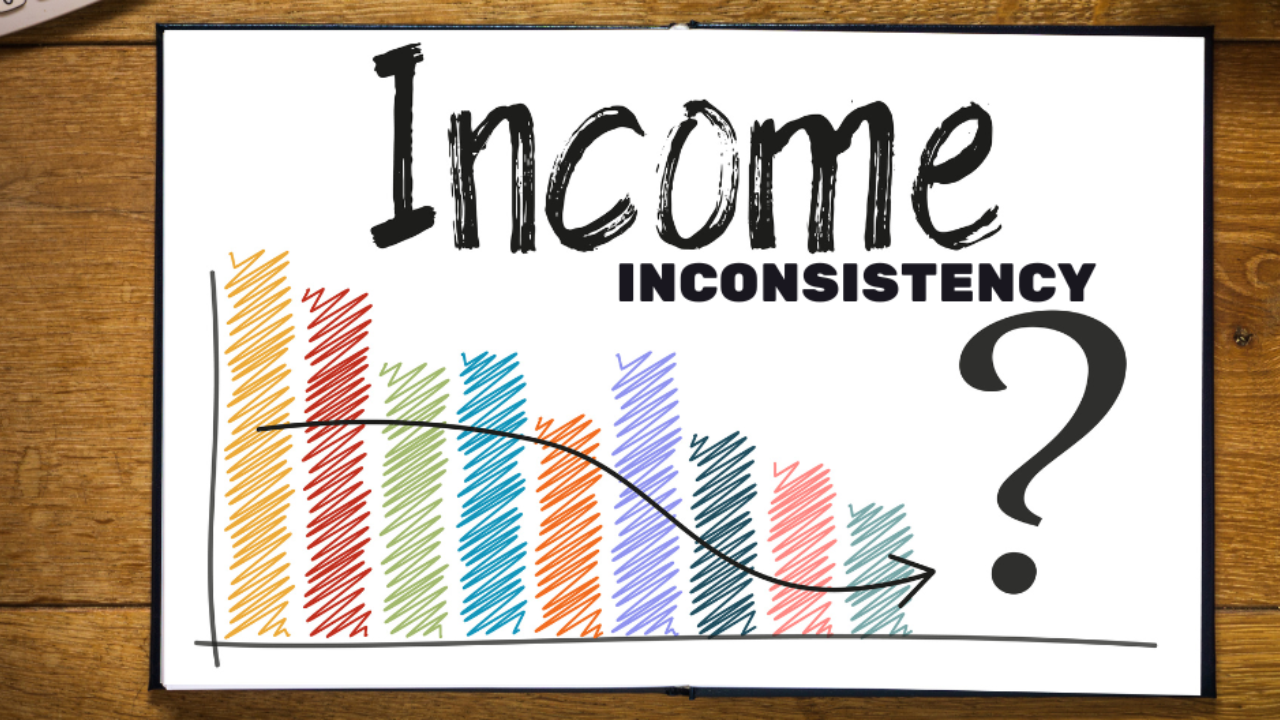For many people, the idea of a steady paycheck brings comfort and predictability. But not everyone works on a fixed salary. Freelancers, commission-based professionals, small business owners, and gig workers often rely on irregular income—where paydays don’t come on a set schedule, and the amount you earn can vary dramatically from month to month.
While this lifestyle offers flexibility and potential for higher earnings, it also comes with financial stress if not managed wisely. The good news? With the right strategies, you can create stability even when your income fluctuates. Here’s how to master your money flow when your earnings are unpredictable.
1. Know Your Numbers
The first step in managing irregular income is understanding your financial baseline. Track your expenses for at least three months to determine:
- Fixed expenses: Rent, mortgage, utilities, insurance, loan payments.
- Variable expenses: Groceries, dining out, entertainment, transportation.
- Occasional expenses: Annual subscriptions, holiday gifts, car repairs, or vacations.
Once you know the bare minimum you need to cover essentials, you can set a realistic financial plan. Many people with variable income find it helpful to build a “survival budget” (your non-negotiable essentials) and a “comfortable budget” (your lifestyle add-ons when income allows).
2. Pay Yourself a “Salary”
One of the best ways to smooth out irregular income is to simulate a regular paycheck. Here’s how:
- Open two accounts: one for income deposits and one for expenses.
- When money comes in, transfer only the amount you need for monthly expenses into your expense account.
- Leave the rest in your income account as a buffer for slower months.
This method creates consistency and reduces the emotional rollercoaster of big paydays followed by lean weeks.
3. Build a Bigger Emergency Fund
For someone with a steady paycheck, experts often recommend three to six months’ worth of expenses in an emergency fund. If your income is irregular, it’s wise to aim for six to twelve months.
This cushion isn’t just for emergencies—it can also help smooth over periods of low income. Think of it as your financial safety net, giving you peace of mind and flexibility when work slows down.
4. Budget Conservatively
When your income varies from month to month, it’s wise to create a budget based on your lowest expected earnings rather than your peak months. This conservative approach ensures that essential expenses are always covered, and any extra income can then be directed toward savings, paying down debt, or investing for the future.
For instance, if your monthly income ranges between $3,000 and $6,000, build your budget around the $3,000 mark. That way, you’ll never feel stretched too thin. And if an unexpected expense arises during a slow month, options like quick loans online in Idaho can provide short-term financial relief while you get back on track.
5. Separate Business and Personal Finances
If you’re self-employed or freelancing, keep your work income and personal spending separate. This helps you:
- Track business expenses for tax purposes.
- Avoid mixing personal purchases with income needed for bills.
- Gain clarity on how much you’re truly taking home.
Having separate accounts also makes it easier to allocate money for taxes, retirement contributions, and business investments.
6. Save for Taxes Ahead of Time
One common mistake for those with irregular income is forgetting to set aside money for taxes. Unlike salaried employees, freelancers and independent workers don’t have taxes automatically deducted.
A good rule of thumb is to save 25–30% of every paycheck in a dedicated tax savings account. This prevents last-minute scrambling when tax season arrives.
7. Diversify Your Income Streams
The more varied your income sources, the less risky financial fluctuations become. For example:
- Freelancers can take on different types of clients or projects.
- Business owners might add digital products, courses, or side ventures.
- Gig workers could combine platforms or part-time work with other opportunities.
Multiple income streams create more stability and reduce reliance on a single source.
8. Automate When Possible
Automation makes it easier to stick to your plan:
- Set up automatic transfers into your emergency fund.
- Schedule recurring bill payments to avoid late fees.
- Use budgeting apps to track spending and income.
The less mental energy you spend on moving money around, the more consistent your finances will feel.
9. Practice Mindful Spending
When your income is unpredictable, every dollar matters. Before making a purchase, ask yourself:
- Is this a need or a want?
- Will this expense still feel worthwhile if next month’s income is lower?
Practicing intentional spending can prevent financial stress and help you prioritize what truly matters.
In Conclusion
Living with irregular income doesn’t mean living in constant financial chaos. With careful planning, disciplined saving, and smart budgeting, you can create stability even when your paychecks vary. The key is to take control of your money flow—building buffers, paying yourself a salary, and preparing for both the feast and famine cycles that come with variable earnings.
By mastering these strategies, you’ll gain not only financial security but also the confidence to enjoy the flexibility and freedom that irregular income can bring.

